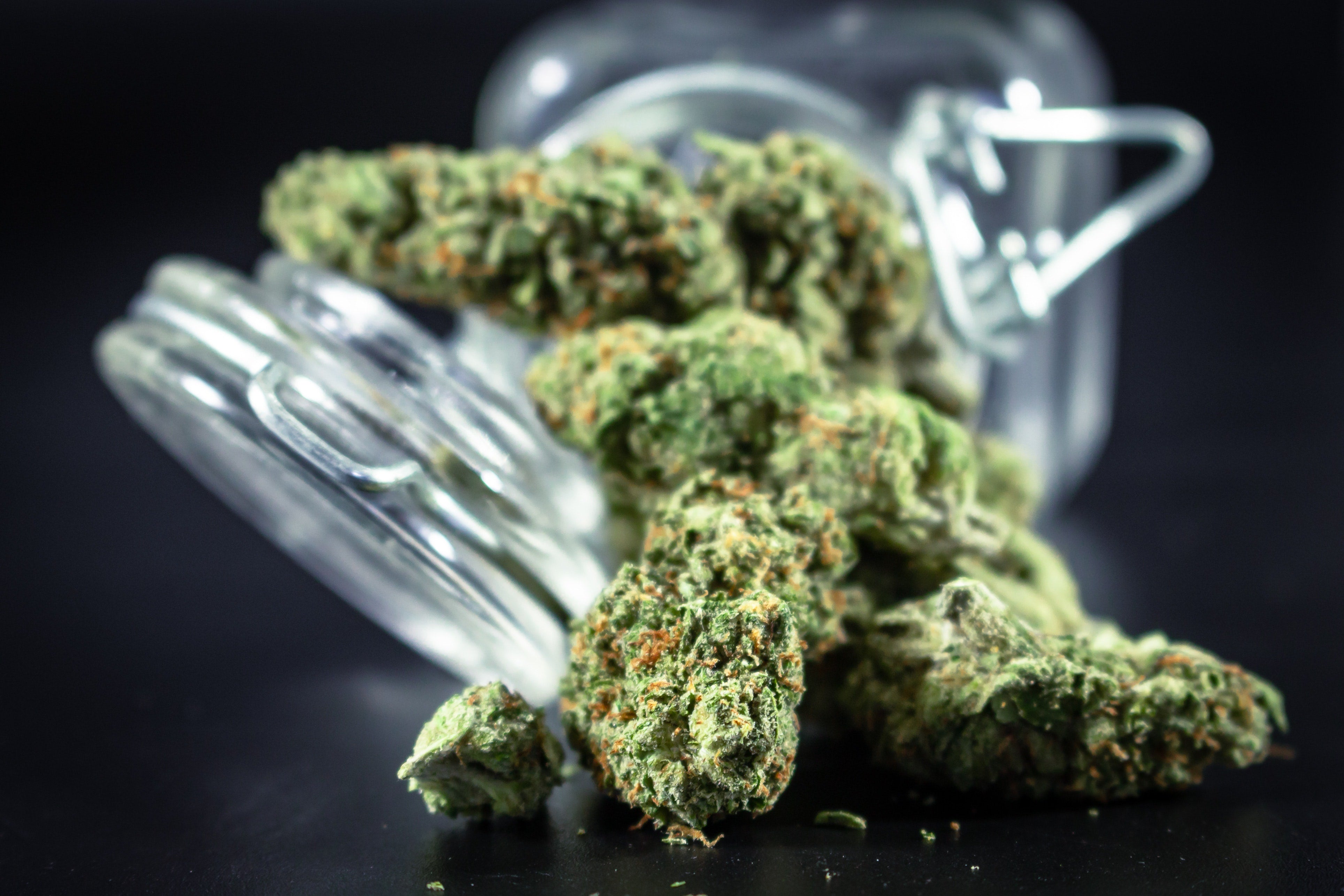In recent years, the wellness industry has experienced a transformative shift with the emergence of premium THCa. As people become more aware of the potential benefits of cannabis compounds, the interest in THCa has surged, making it a buzzword in wellness conversations.

Understanding THCa: The Basics
THCa, or tetrahydrocannabinolic acid, is a non-psychoactive compound found in the cannabis plant. Unlike its more famous counterpart THC, THCa does not produce a high, making it appealing for wellness enthusiasts seeking the benefits of cannabis without intoxication.
This unique property of THCa has spurred interest in its applications within the wellness space. Many users appreciate that they can experience the plant’s potential benefits without the altered state often associated with THC. Furthermore, THCa is considered to have a rich spectrum of therapeutic properties, making it an increasingly attractive option for natural healing.
As understanding of THCa has grown, so too has its popularity among those who prioritize health and well-being. It is crucial to educate consumers that even though THCa is found in raw cannabis, it must undergo a decarboxylation process—typically through heating—to convert it into THC for psychoactive effects, enhancing the allure of THCa for everyday use.
Health Benefits of Premium THCa
Research indicates that premium THCa may offer various health benefits, including anti-inflammatory properties, neuroprotective effects, and potential pain relief. These attributes have made it a popular choice for individuals seeking natural alternatives to traditional pharmaceuticals.
For instance, many users report significant reduction in chronic pain, thanks to THCa’s natural analgesic properties. This has led to increased interest from those who have previously relied on over-the-counter medications that often come with unwanted side effects. With fewer adverse reactions reported, premium THCa is emerging as a safe and effective complement to existing treatment plans.
Moreover, studies have suggested that THCa might have potential applications in neuroprotection, which is vital for conditions such as Parkinson’s disease and Alzheimer’s. Its properties could help mitigate inflammation and oxidative stress in neural circuits, offering hope to patients grappling with debilitating neurological disorders.
Encouragingly, as more clinical research emerges, consumers are becoming empowered with knowledge about the benefits of premium THCa. This evolving awareness is driving a demand for more products designed around THCa’s benefits, illustrating a thrilling era of holistic health.
The Growing Popularity of THCa in Wellness Products
With the increasing interest in natural wellness solutions, a variety of products containing premium THCa have entered the market, from oils and tinctures to edibles and topicals. This trend reflects a broader movement towards holistic health practices.
Consumers today are more informed than ever, often preferring products that align with their values of health and sustainability. The expanded product line has made it easier for people to incorporate THCa into their daily lives. For example, premium THCa oil can be used in cooking or as a supplement, allowing for a seamless integration into wellness routines.
In addition to oils, the rise of THCa-infused consumables and topical applications has opened up numerous avenues for potential users. Edibles—like gummies and chocolates—are especially appealing to those who wish to enjoy the benefits of THCa in a tasty form. Meanwhile, topical creams containing THCa are becoming popular for their localized pain relief and anti-inflammatory qualities. Consumers appreciate having options that suit their lifestyles and preferences.
Challenges Facing the THCa Market
Despite its popularity, the premium THCa market faces challenges such as regulatory hurdles, quality control issues, and misconceptions about cannabis. Addressing these challenges is essential for the sustainable growth of the industry.
One of the primary obstacles is the lack of comprehensive regulations that govern the production and distribution of cannabis products. This can lead to variability in product quality and effectiveness, causing confusion among consumers. Moreover, because THCa is often derived from raw cannabis, growers must adhere to strict agricultural guidelines to ensure product integrity.
Another challenge comes from the lingering stigma surrounding cannabis use. Even though THCa is non-psychoactive, some consumers remain cautious due to widespread misconceptions about cannabis in general. Educational initiatives are vital for dispelling myths and encouraging more people to explore the benefits of THCa.
How to Incorporate Premium THCa into Your Wellness Routine
For those looking to explore the benefits of premium THCa, there are practical ways to incorporate it into daily routines. From finding the right products to understanding dosage, this section offers guidance on safe and effective use.
Beginning with oils is often a great choice for newcomers to THCa. These oils can be taken sublingually for rapid absorption into the bloodstream, allowing users to feel the effects relatively quickly. However, it’s essential to experiment with dosage to find what works best for each individual. Starting with a small amount and gradually increasing as needed can lead to more pleasant experiences.
Beyond oils, consider incorporating premium THCa into meals. Tinctures can be drizzled onto salads or blended into smoothies, allowing for an easy and enjoyable way to consume THCa without altering the taste dramatically. For those with a sweet tooth, THCa-infused edibles can make for a delightful pick-me-up.
The Future of Premium THCa in Wellness
As research continues to unveil the potential of THCa, its role in the wellness industry is expected to expand. This section will look at emerging trends and the potential futurescape of premium THCa in health and well-being.
The future of premium THCa looks incredibly promising, as more studies highlight its therapeutic potentials. With the growing wave of acceptance surrounding cannabis, consumer demand is expected to increase, driving innovation and product diversity in the marketplace. Expect to see more creative formulations that cater to specific health needs.
With the rise of personalized wellness, consumers will be empowered to make informed choices about THCa products that best fit their individual health journeys. Whether through targeted therapies or integrating THCa into everyday wellness routines, this compound is likely to become a foundational element in future health strategies.
Embracing the Future of Wellness with THCa
The rise of premium THCa in the wellness industry marks a significant shift towards natural remedies and holistic approaches to health. As more consumers seek out effective alternatives, THCa is poised to play a central role in personal wellness strategies. Understanding its potential benefits and contributing to sustainable practices will ensure its place in the wellness narrative for years to come.


Share:
Discover the Exotic THCa Flower: A Comprehensive Guide
Discover the Exotic THCa Flower: A Comprehensive Guide